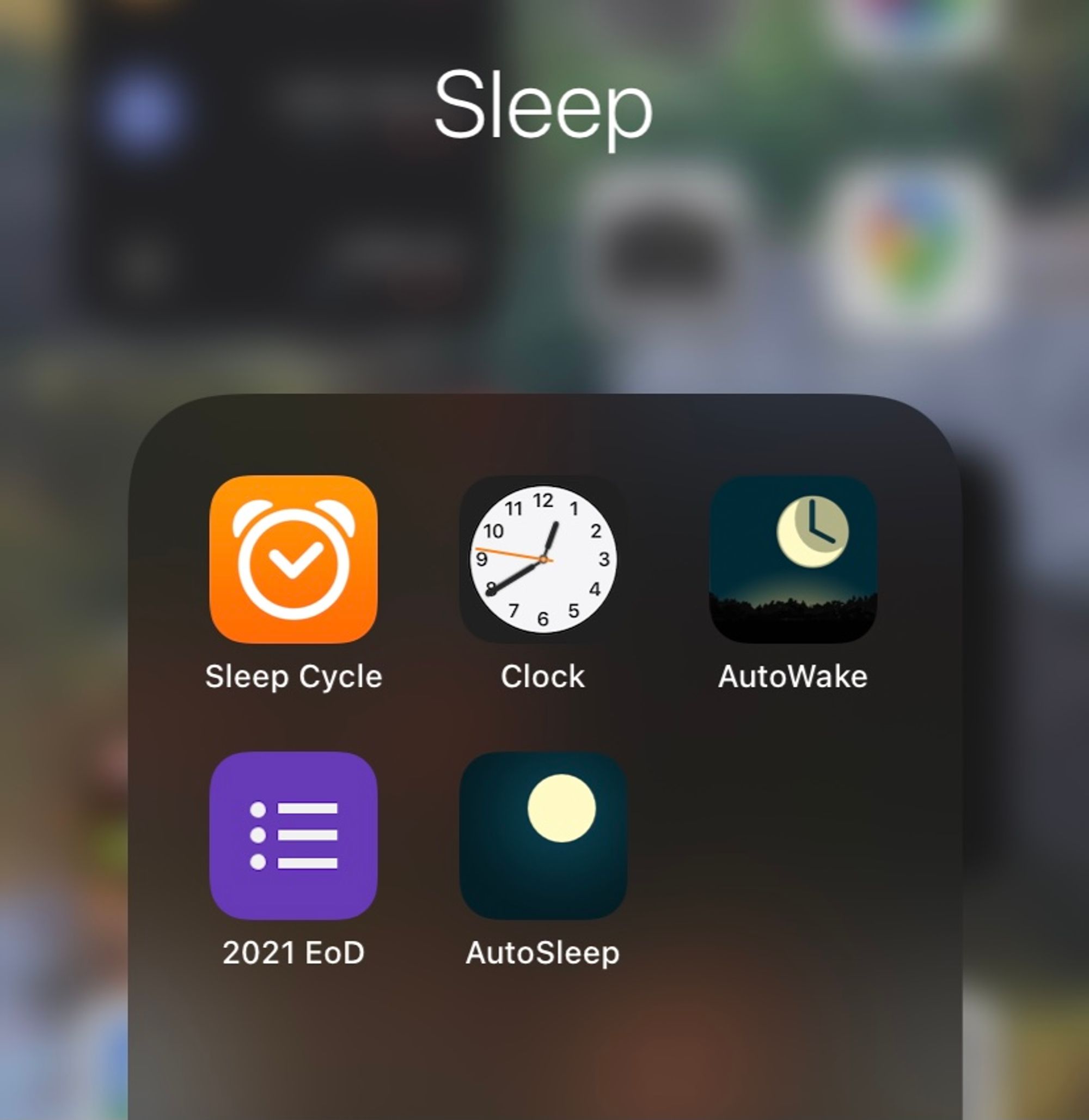Motivation
- Check I'm not wasting time
- See if there's any surprising correlation between X activity and my mood
- Take a moment to reflect on my priorities each day
Where to focus my attention?
"Measure what matters"
At the end of each day, I try* to note:
What I did
- Multiple choice "none", "a little", "a normal amount" or "a lot" of each activity
- Yes, some of this data is captured automatically elsewhere (e.g., number of hours sleep via AutoSleep Apple Watch app). But the benefit of doing the survey is to focus my attention in that moment, forcing me to consciously be aware of my iPhone screentime, my sleep, etc.
- A category like "Create: music" activity level is "none" on maybe 97 out of 100 days, but a reminder that "yes, I chose to not do that today". It highlights what I did not do just as much as what I did do. This is why I prefer having to tap a value for each time bucket (music, family, friends, exercise, etc.) instead of just an open-ended diary paragraph focusing on "what I did".
- Your categories will surely differ, e.g., specifically "time with parents" or "time with kids". (I'm not even sure I have the right list of categories for myself.)
- How I feel
What's top of mind for tomorrow ⭐️
⭐️ This might sound like a trite addition, but is probably the most important question on the form. It's the only explicitly forward-looking question.
It's at the end of the survey, so I might dream about this (I often fill out the EoD form right before sleeping). I often wake up excited to tackle whatever I put here.
In addition, if I could be bothered, I'll include:
- Learnings (e.g., from work, from a podcast, from a discussion) – knowledge nuggets or new frameworks / perspectives
- Lowlights / reflection: what I might have done to make today even better?
- "I stayed working on [that thing] that wasn't urgent and the run was less enjoyable in the cloudy cold weather later. I should have [gone for my run earlier, when the sun was out]."
- "I let [that issue] turn it into an argument. I should have [let it slide]."
- "I let that call run on too long, I should have [politely wrapped up, invited them to schedule another call after X milestone]."
- The idea is to recognise when I'm in this situation again, and be primed and ready to do X (go for a run, end the call, say no, etc.)
Examples
- Highlight(s) and "feeling grateful for…"
Writing my answers
It's a Google Form
Here's (a copy of) the simple form I made for myself, to quickly submit responses:
On laptop
I don't like writing on my phone. "eod" is a custom search engine to make it easy to jump to the form on my laptop (if I'm there near the end of my day).

On mobile
But of course the Google Form plays nice on mobile if need be – e.g., as I find myself in bed about to sleep, at the actual end of the day.


How it's going
I'm still experimenting with it.
- *It's a habit, but one I don't always keep. Completion rate would be closer to 100% if I forced it to be part of a going-to-bed routine. Right now it's "routine… when I remember and am in the mood" 😂
- I like that it's low-tech – a simple Google Form. But perhaps a dedicated app, focused on this job to be done, like Streaks or Productive would be even better.
- I've actually paid for Productive, on the recommendation of Peter Duffy, but haven't yet made the switch.
- Previously, I used Streaks for very high-level items: "Sweat, Bed on Time, EoD Form (this Google form), Social, Family and Avoid Alcoholpoison." Before marking "EoD (end-of-day) Form" as complete, I would tap into the EoD form (you can add a hyperlink to each action item in Streaks). In 2021, I just made the Google form simpler, and don't bother with Streaks.
- It's a challenge wanting to collect detailed info (like learnings, lowlights, names of people I met, etc.) without increasing the mental load ("uh, I'm about to sleep, I don't feel doing that long survey thing now"). My agreement to myself is that if I'm not in the mood to do it, I'll at least do the quick multiple-choice answers: what I did and how I feel, and I can leave the rest of the fields blank. This takes less than 30 seconds. (And, as you can imagine, often once I start submitting answers, I often decide fill out some other answers too.)
- If starting from scratch: I would recommend starting with a MUCH simpler / shorter form, with at most one or two free-form answers, so there is negligible cognitive load. For example, one optional reflection on today (good or bad) and one optional top-of-mind for tomorrow. If you find yourself successfully filling out the form each day, then add more detail to your heart's content. But start super simple.